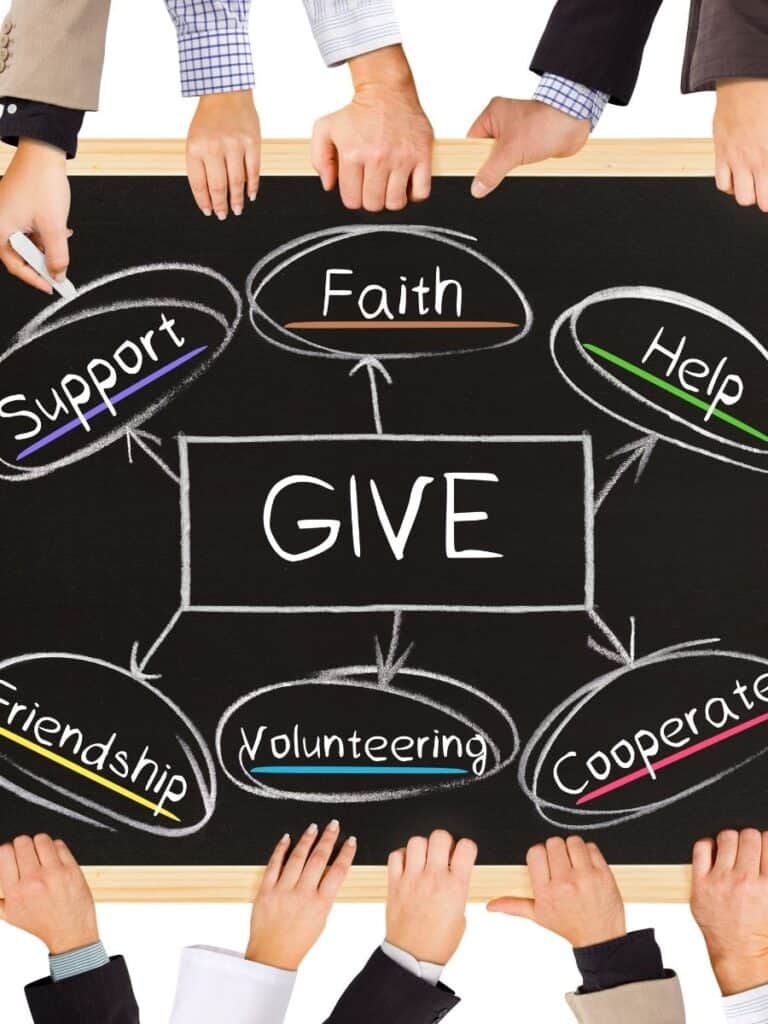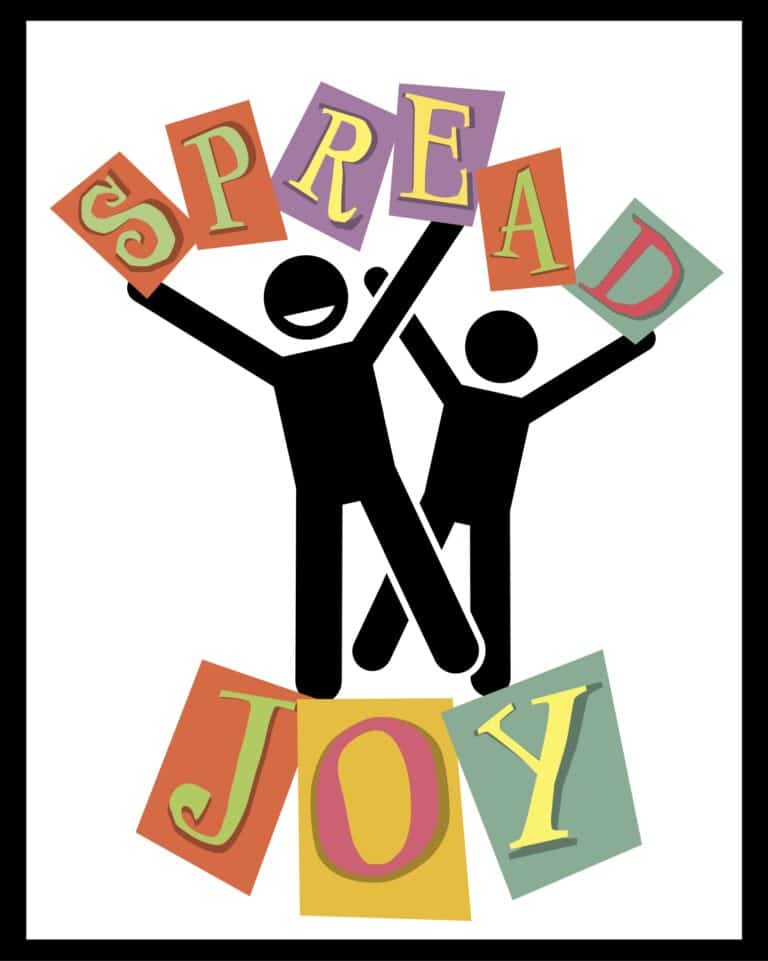Forgiveness and Grace: Healing Hearts and Mending Relationships
Forgiveness and grace are fundamental aspects of our lives that shape our relationships with others and ourselves.
Forgiveness is the act of letting go of resentment and anger, freeing ourselves from the burden of past hurts. Grace, on the other hand, is the unconditional kindness and compassion we extend to others, even when they don’t deserve it.
Together, these principles help to mend broken hearts and foster deeper connections.

In my journey, I’ve discovered that forgiveness opens the door to grace. When we forgive, we create space for grace to flourish, allowing us to see and treat others with empathy and understanding.
This powerful combination not only transforms our relationships but also promotes personal growth and emotional healing.
Picture a reality where the acts of forgiveness and grace are routinely embraced on a daily basis. Such a world would be filled with sensitivity, understanding, and stronger bonds among human beings. By embracing these values, we can contribute to a more loving and harmonious society.
Key Takeaways
- Forgiveness lets go of past hurt and anger.
- Grace is unconditional kindness and compassion.
- Together, they transform relationships and promote personal growth.
The Nature of Forgiveness
Forgiveness involves letting go of anger and resentment towards someone who has wronged you. It is deeply connected to grace, as it provides healing and reconciliation. Both psychological and emotional benefits arise from forgiving others.
Understanding Forgiveness
Forgiveness, at its core, is about accepting that someone has caused you harm and choosing to release the negative emotions tied to that wrong. This process is not about condoning the action or forgetting it, but rather about finding peace within yourself.
Forgiveness is a conscious decision to let go and extend understanding even when it’s difficult.
In the Bible, forgiveness is not just encouraged but commanded. God offers us grace by forgiving our sins, and in turn, we are called to extend that same grace to others.
By doing so, we heal our relationships and foster reconciliation.
Psychological Benefits of Forgiving
Forgiving brings many psychological benefits.
Reduces Stress and Anxiety
- Holding onto anger and resentment can affect our mental health, causing stress and even depression.
- By forgiving, we let go of these burdens and find emotional relief.
Improves Sense of Well-being
- When I forgive someone, I experience less anger, bitterness, and hostility.
- This makes room for feelings of peace, joy, and compassion.
Linked to Physical Health
- People who practice forgiveness often have lower blood pressure and a healthier heart.
- This shows just how powerful forgiveness can be in fostering a holistic sense of well-being.
Frees Yourself from Negativity
- Forgiveness is not merely about the person who wronged you; it’s also about freeing yourself from the chains of negativity.
- By embracing forgiveness and grace, we enhance our lives both emotionally and physically.
The psychological benefits of forgiving are profound, impacting both our mental and physical well-being.
By choosing to release holding onto grudges and confess our willingness to let go, we embrace a life filled with peace, joy, and improved health.
The Concept of Grace
Grace is a central theme in Christian theology, representing God’s unmerited favor toward humanity. It is closely linked with forgiveness, salvation, and how we are called to live our lives as followers of Christ.
Grace transforms our relationships, empowers us to forgive others, and impacts our daily behavior.
Grace in Theological Context
In Christian belief, grace is seen as God’s unconditional love and kindness. It is not something earned but freely given by God. This is especially significant in the context of sin and salvation.
When discussing grace, theologians often refer to it as God’s work in forgiving our sins. Through Christ, God extends grace, offering salvation to all.
This unmerited favor is seen in many biblical examples where God helps individuals despite their flaws and mistakes.
Grace also means divine assistance. It helps us grow spiritually and live out Christ’s teachings. By receiving grace, believers are able to show compassion and mercy, embodying the character of Christ in their actions.
Living with Grace
Living with grace involves reflecting God’s love and forgiveness in our daily lives. I strive to be kind, compassionate, and forgiving, even when it is difficult.
This way of living isn’t just about big acts but also small daily choices.
When I think about how God has shown me so much grace, it inspires me to forgive others.
Extending forgiveness is part of living with grace. By doing so, we foster healthier and more meaningful relationships.
Another important aspect of living with grace is humility. Recognizing that we are all recipients of God’s grace helps us to stay humble and avoid judgment.
This humility allows us to be more empathetic and understanding towards others.
In short, grace isn’t just a theological concept but a way of life. By embracing and practicing it, we reflect God’s love in the world.
Practical Aspects of Forgiveness
Forgiveness is essential for emotional and spiritual well-being. It involves letting go of resentment and fostering a compassionate attitude towards those who have wronged us.

How to Forgive
Forgiving someone can be challenging, but it starts with acknowledging the offense. I need to accept the hurt and pain caused by the other person’s actions. This does not mean excusing the behavior but recognizing it for what it is.
Next, I focus on empathy. By trying to understand why the person acted the way they did, I can develop compassion. This doesn’t diminish the wrongdoing but makes the process easier.
Finally, I make a conscious decision to forgive. It’s a commitment to let go of grudges and move forward. This doesn’t happen overnight; it’s a journey that requires patience and self-reflection.
Encouraging Forgiveness in Relationships
In close relationships, forgiveness is vital for maintaining harmony. Here are some actionable steps we can take to foster forgiveness and understanding:
Communicate Openly
- Share your feelings honestly with the person who hurt you.
- Discuss the issue calmly to help both parties understand each other better.
For example, if a friend said something hurtful, let them know how it made you feel without accusing them. This approach can prevent misunderstandings and build a stronger bond.
Set Clear Boundaries
- Explain what behavior is unacceptable to prevent future offenses.
- Protect yourself while helping the other person learn from their mistakes.
- Setting clear boundaries prevents future problems or offenses.
For instance, if a family member constantly interrupts you, calmly explain that you need to finish your thoughts without interruptions.
Lead by Example
- Choose to forgive and show compassion in your actions.
- Demonstrate the value of forgiveness, encouraging others to practice it as well.
- When you forgive someone, let them see it through your actions.
For example, if you’ve forgiven a coworker for a mistake, show it by continuing to collaborate with them positively.
By taking these steps, we can create more harmonious and understanding relationships, filled with peace and compassion.
Showing forgiveness and setting clear boundaries not only resolves conflicts but also strengthens our connections with others.
Forgiveness and Reconciliation
Forgiveness and reconciliation go hand in hand, but they are not the same. While forgiveness is a personal process that I can do on my own, reconciliation involves rebuilding trust and is a two-way street.
We can start by seeking reconciliation only when both parties are ready to commit to restoring the relationship. Genuine apologies and mutual understanding are critical.
For instance, Kathie Lee Gifford talked about how Howard Stern asked for forgiveness years after their feud, showing that a sincere approach can mend even long-standing rifts.
Steps like small gestures of goodwill and ongoing communication help in rebuilding the trust that was broken.
Forgiving is essential, but it’s the mutual efforts towards reconciliation that solidify a renewed bond.
Grace, Forgiveness, and Society
Grace and forgiveness play crucial roles in social harmony and personal relationships. They help in resolving conflicts and building a more compassionate and empathetic community.

The Role of Forgiveness in Communities
In our communities, forgiveness can act as a powerful tool for reconciliation.
When someone forgives, it opens the door to healing and rebuilding broken relationships. This act can inspire others to let go of grudges and consider reconciliation over retribution.
Forgiveness can reduce ongoing tensions and prevent conflicts from escalating. It allows individuals to move beyond past injuries and work towards a more peaceful coexistence.
This is essential for creating a supportive and connected community where everyone feels valued and respected.
Cultural Perspectives on Forgiveness and Grace
Different cultures have varied views when you are willing to forgive. In some societies, such as many Christian communities, forgiveness is a key principle.
These teachings emphasize forgiving others as a reflection of divine grace.
For instance, extending grace to others is seen as reflecting God’s character, fostering kindness and respect.
In other cultures, forgiveness may be less emphasized but still present.
For example, in certain Eastern philosophies, grace and forgiveness might be linked to concepts like karma and compassion.
These teachings encourage individuals to act with empathy and understanding towards others.
By recognizing these diverse cultural perspectives, we can appreciate the universal value of grace and forgiveness in fostering unity and peace.
My Final Thoughts
Forgiveness is no easy feat, and I often find myself grappling with it. Yet, I strive to work on it constantly, knowing the profound impact it has on my heart and relationships. Remember, every step towards grace and forgiveness, no matter how small, brings us closer to healing and peace.
Scribble of the Day: Forgiveness Quote

Do you struggle with forgiveness? Share your challenges and any advice you have in the comments below!







